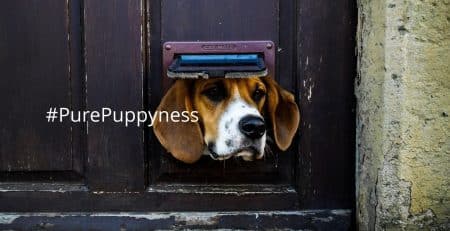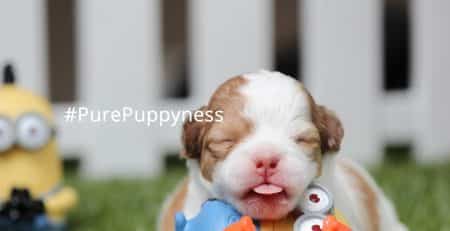Is my dog depressed?
Some people might find the idea of an animal being depressed as a strange and perverse attempt at anthropomorphism. What these people do not realize is that animals are sentient beings, and many of these highly developed species, especially mammals, share a lot of the complex mental capabilities that allow for these organisms to feel emotions. It is therefore the responsibility for us humans to make sure that our domesticated animals have a reasonably healthy state of mind. This couldn’t be truer for how we should care for our canine friends.
Although most dogs seem to be happy go lucky individuals, there are some individuals that for some reason or another end up feeling under the weather. Dogs might become depressed for both relatable and rather strange reasons. It is also very common to mistake a sick dog for a depressed one as these illnesses often show similar symptoms.
What are the symptoms of canine depression?
The symptoms of depression in dogs can be several and surprisingly similar to those found in humans.
- Lack of appetite.
- Lethargy
- Unwillingness to join in on previously enjoyable activities.
- Distant behaviour.
- Hiding away from people.
Why is my dog depressed?
The first thing a pet owner should do when a dog is showning abnormal behaviour, is to take the dog to the vet to give it a thorough check up. It is after rigorously searching for a tangible abnormality and finding no signs of this that canine depression might start to be seriously be considered. Should the veterinarian diagnose the dog as a sufferer of canine depression, owners should start trying to recollect any significant event that happened close to when the dog first started showning the first symptoms.
A common reason for dogs to start showning signs of depression is when their daily routine is significantly altered. If a stay at home owner suddenly finds a job and spends a lot of time out of the house, the dog will most definitely react to the sudden difference in attention in this way. Dogs might also pick up on the general mood of the household. If there is trouble in the household a dog will often react to the perceived anxiety either by behaving inappropriately or even by pulling away from their surroundings.
A new addition to the family, whether a new person or a dog, can trigger bouts of depression, resulting in a more subdued dog that does not seem to have the same enthusiasm for what it loved doing just a few days before. When the new addition to the family is a baby, the loud crying and the strange smells might also make the family dog anxious, and it is therefore wise to prep the dog for the new sounds and smells before the baby actually arrives.
Much like in people, the loss of an owner or other animal companion can also result in a dog moping about for weeks on end. This may perhaps be one of the most relatable reasons why a dog might be down in the dumps and therefore makes it easier for owners to put up with the dog’s behaviour.
Is there a way to treat depression in dogs?
Although drugs can be used to alleviate the symptoms of depression in dogs, it is thought to be better to solve this problem through other more conventional means before considering this option. If owners realize that their dog is suffering from the first symptoms of depression, this can often be solved by giving the dog some extra tender loving care and more frequent walks. When the problem is triggered by the introduction of another pet or family member, it is wise to give the dog some much needed space while checking on it often to see how it’s doing. If the dog is dealing with the loss of an owner or another canine companion, the problem can often be solved by providing it with extra company or getting another four legged companion that matches its requirements. It is never advised to reward or give attention to a dog that is showning negative behaviour. Reward and praise should be given when the dog seems to have raised its spirits in order to further reinforce this behaviour. If the dog is not eating and drinking and is wasting away, the vet might finally prescribe antidepressant drugs as a last resort.






















